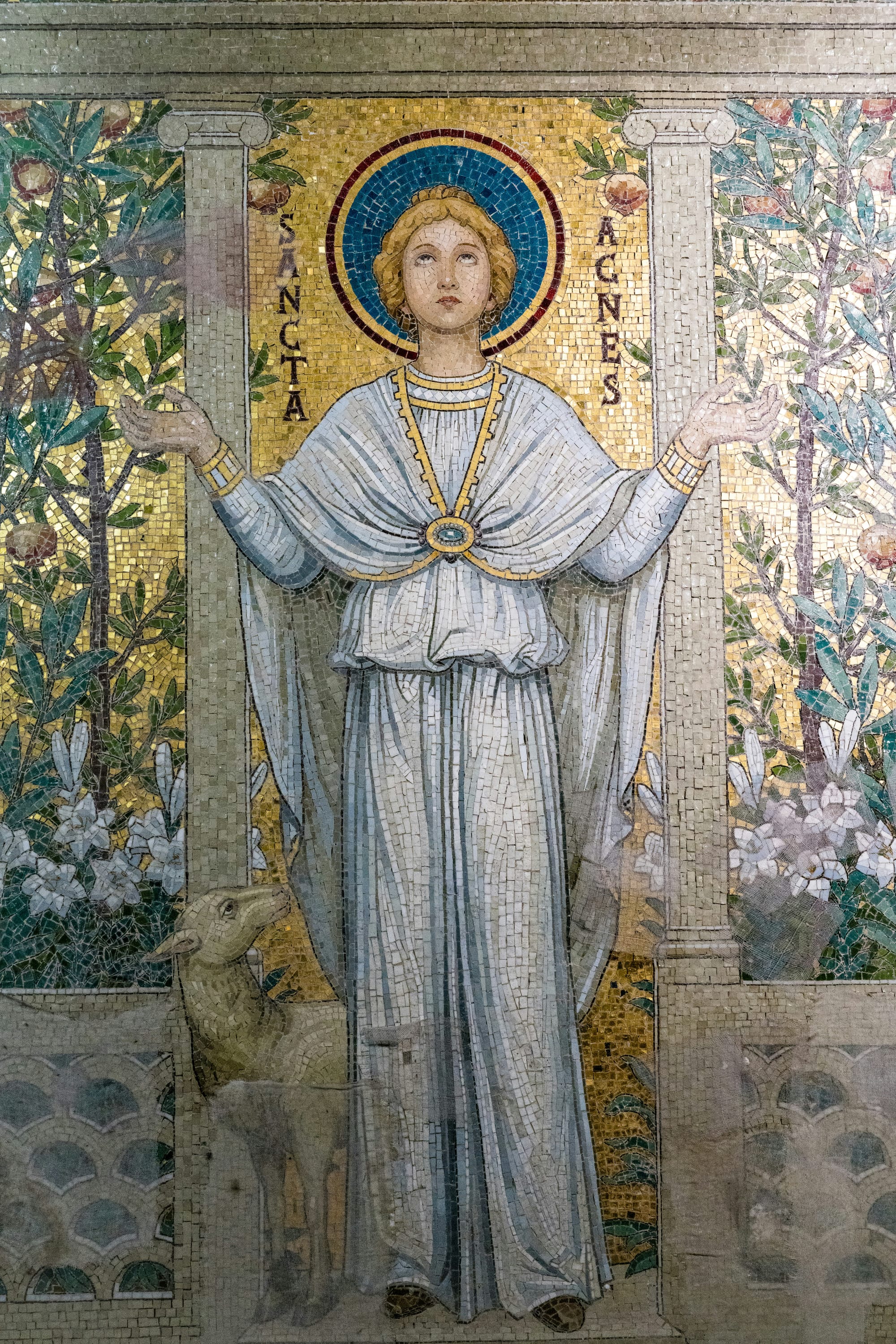The Vocation of Every Christian

This is the first time in Luke’s telling of the Gospel that Jesus addresses a group called disciples. There are others around, including you and me, who are overhearing this sermon intended for disciples and we must ask: Am I one of the disciples? Do I qualify? Am I worthy?
Jesus goes on to describe the disciples: Poor, hungry, weeping, reviled and excluded. But also among the disciples are those who are wealthy, fed, and laughing. This is a diverse group of people. They do not come from one single family, town, social class, and are not even uniformly happy or sad. All of these people, and perhaps some of those listening in, like us, represent a remarkably diverse bunch of folks, all with a common goal: to be holy, Christlike people. But how to do this?
We learn through examples. Parents, teachers, neighbours, friends, and so on. We observe someone doing what it is we would like to do, then we attempt to imitate. With practice we become more proficient and, eventually, find the way of doing which best suits us.
You may have heard that one of the functions of saints in our faith is to be examples of holy life. But, you may ask, if the goal of Christian life is to be Christlike, and if we have the example of Christ, then why do we need these saints? This was a hot question during the church reformations of centuries past and many Christians decided they did not need saints. But I would put to you that the example of Jesus and the examples of saints are not a mutually exclusive proposition. In fact, they are complementary in important and useful ways.
If we learn by example, then we often learn most readily from people who present an example that makes it easy to imagine ourselves in the scene. If we have never seen someone like us in a particular role or doing a particular task, we have a much harder time imagining ourselves taking it on. For example, if a girl has only ever seen male physicians, she might well assume that only men can become physicians.
Christian life is a varied and diverse experience and has been from the beginning. St Paul reminds us that some are called to be apostles, some evangelists, some prophets, some pastors, and some teachers. But not everyone to each of those callings. Just as a body has many parts which, together, do the things a body is meant to do, so there are many ways to be a Christian, each way contributing its part to the mystical body of Christ.
The saints are as varied and diverse as the human family. They are not equal to or alternatives to Jesus, but give us examples of what it is to be Christlike in different circumstances. If the glory of Christ is like the sun, then the lives of saints are what that light looks like as it is reflected through different windows.
Let us think of examples of Christian motherhood, as a test case. The Blessed Virgin Mary is the greatest of the saints, not only mothers. But she may not be an example with whom one immediately connects. She is a wonderful example of saintly motherhood, but also had rather an exceptional child. Some mothers may find more in common with St Monica, who spent much of her life weeping for her son Augustine’s lecherous lifestyle before he finally turned his life around. Or others still may find a helpful example in St Felicity, whose husband died shortly after the birth of their seventh son; she would live to see all seven of her sons be killed and is the patron of parents who grieve children. Still others would look to St Anne or St Hannah, patrons of women who wish to be mothers but have not yet known those joys and trials. Or perhaps, when thoughts of motherhood arise, the saints whose examples appeal are those like Agnes, Lucy, and Winifred. Those who discerned a vocation in Christian life that did not include motherhood at all.

If we are all of us to be disciples of Christ, then we need helpful examples to follow. In the communion of saints, we have a host of siblings with whom we have been adopted in baptism, who with us share the eucharistic feast, and who offer us diverse examples of the many ways we have seen holiness present in human life. In poverty, hunger, and weeping, as well as abundant riches, food, and holy joy shared.
On today’s great feast we give thanks for the great cloud of witnesses who cheer us on and remind us that sainthood is not a privilege for a select few, but the vocation of every Christian.





